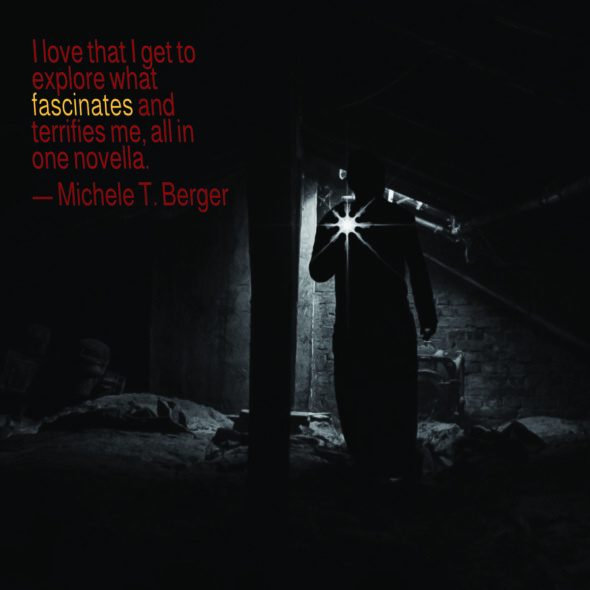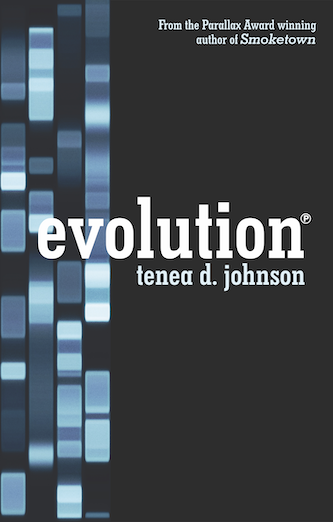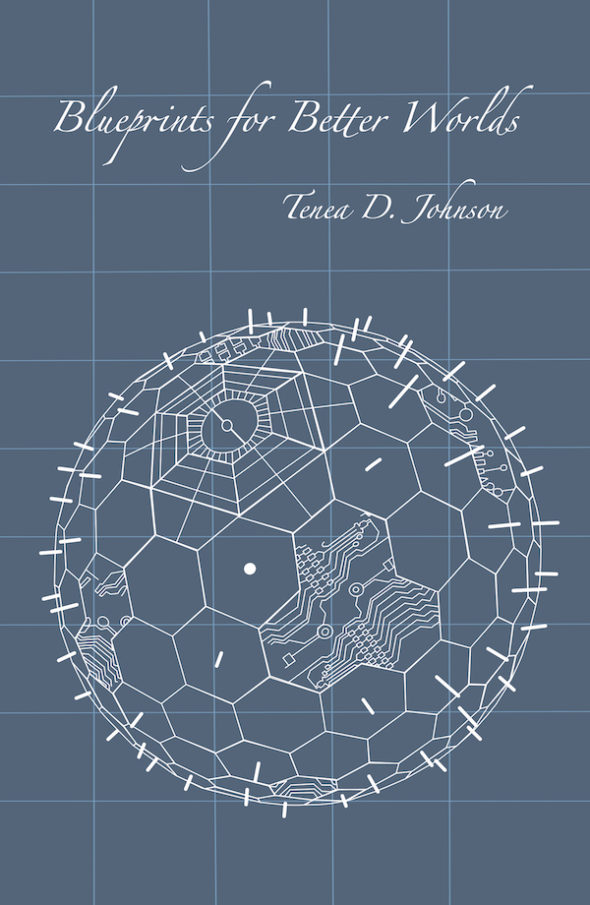3 Minutes with Michele T. Berger, author of Reenu-You

Original Photo by Lennart Wittstock from Pexels
Michele T. Berger, author of Reenu-You, shares its origin story, what’s next for her, and her influences. Reenu-You and the other fine work in the Afrofuturism and the Black Fantastic bundle is available until July 2nd.
What’s the first Afrofuturist/Black Fantastic/Black Scifi work you read? What was the last?
I read Toni Morrison’s Beloved in college and I consider the novel an example of the Black Fantastic. It’s a literary ghost story that ruminates on being, Blackness, death, slavery, memory and history. I read it in a literature class. The novel made an impression on me. The most recent Afrofuturist work I’ve read is Rivers Solomon’s stunning novel The Unkindness of Ghosts. It, too, ruminates on many of the themes explored in Morrison’s work.
Why this story?
Reenu-You is a speculative story with elements of psychological horror that explores what happens when a mysterious virus is seemingly transmitted through a hair care product billed as a natural relaxer. Reenu-You grew from several sources of inspiration. One was watching the drama unfold of a real hair product called ‘Rio’, marketed to women of color in the 1990s. Rio promised an easy and healthy alternative to other products on the market. Soon though women began reporting horrible reactions to Rio including itchy scalps, oozing blisters and significant hair loss. A class action lawsuit revealed that there was nothing natural, at all, about the product. It actually contained a number of highly acidic chemicals.
This news event grabbed me and gave me the inkling for the story. Over several years, I kept asking myself questions about why and how a scandal like that could happen and how different communities might respond to it. I speculated on the mindset of a company that not only deceived the consumer, but endangered their health. I also thought about the consumer, and what desires and longings Rio tapped into. Although I didn’t ever use Rio, I remember the seductive nature of their infomercials quite well. I, like other African American women, was transfixed by their upbeat, exotic marketing that promised an easy and healthy hair treatment.
In watching the events unfold, I thought about how trusting we are as consumers that the products we purchase will be safe. And, also how everyone in the 1990s started to fall for various items labeled ‘natural’. What if that wasn’t the case? What if a hair product that primarily women of color used harbored something deadly?
I’m also fascinated by viruses. I came of age during the height of HIV/AIDS and remember the terror, fear and stigma associated with the virus. For a long time there were conflicting reports about the transmission of HIV/AIDS and its origins. Often conspiracy theories and popular culture filled in the gap.
I wanted to play with the idea of conspiracy and how different communities might respond to a health crisis, especially before the era of ubiquitous cellphones and social media. A virus was a perfect fit.
Viruses are adaptable, disruptive and frequently are medical mysteries. In just the past two decades, we’ve seen Bird Flu, Swine Flu, SARS (Severe Acute Respiratory Syndrome), Zika, Ebola, and now COVID-19.
I’m also interested in the politics of beauty, female friendships and Black hair culture. In Reenu-You, I can play with these ideas by having different characters reflect on the complexity of their intimate and yet social choices. I love that I get to explore what fascinates and terrifies me, all in one novella.
What influences your work? People, other fields, other authors, events, histories?
Alice Walker, Toni Morrison, Gish Jen, Ntozoke Shange, Octavia Butler, Charles de Lint, Jonathan Lethem, Ursula Le Guin and Elizabeth Hand are writers that I return to again and again to learn from about voice and craft. In the past decade, I’ve been most influenced by the work of Sherri Tepper, Margaret Atwood, Walter Mosely, and Kevin Canty. Writers that I’m currently obsessed with are Cynthia Leitch Smith, Amy Tan, Jeff VanderMeer, Nnedi Okrorafor and Joy Castro. I find myself drawn to the late 1970s and early 1980s (when I was coming of age) and to African American cultural history of the 1920s.
What’s on your desk?
I don’t have a desk. I have an Ikea table that I have made do with for more than twenty years. On it, I currently have two laptops (a Mac and Lenovo, both tend to get glitchy at the same time), precarious piles of papers, journals, post-it notes and the recent book by Gail Carriger, The Heroine’s Journey: For Writers, Readers and Fans of Popular Culture. I also keep heart shaped and gold star stickers at hand. As a fun reward after a session, I’ll put one on my writing calendar. In answering this question, I see I need a bigger reward—a new desk.
What are you working on now?
I’m three drafts into a horror novel that takes place in the North Carolina areas of the Great Dismal Swamp. Prior to the Civil War, the Great Dismal Swamp housed many fugitive slaves and maroon communities. The novel will be published in the fall by Falstaff Books.




